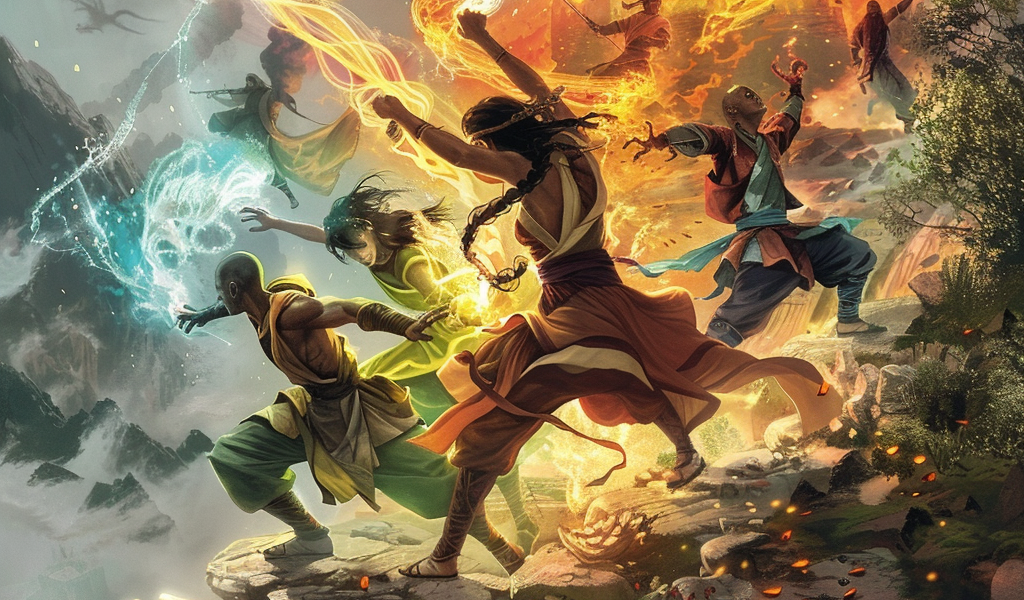Netflix’s live-action adaptation of the beloved 2005 Nickelodeon animated series, Avatar: The Last Airbender, premiered on Feb. 22. This new version is a remake of the original and has sparked a lot of interest and controversy.
The original animated series is set in a world divided into four nations—the Fire Nation, the Water Tribe, the Air Nomads, and the Earth Kingdom. Certain individuals from each nation have the ability to manipulate their respective elements, known as “benders.” The central character, Aang, is the only person who can manipulate all four elements and is tasked with saving the world.
In the 2005 animated series, the Fire Nation launches a devastating assault against the other nations, leading to the near extinction of the Air Nomads. The story follows Aang, along with Water Tribe siblings Sokka and Katara, as they embark on a journey to master all four elements and defeat the Fire Nation.
Set in a fantasy world inspired by Asian and Arctic indigenous cultures, the original series gained a dedicated fan base due to its intricate storytelling, worldbuilding, and character development. The show’s success led to a sequel series, The Legend of Korra, which premiered in 2012. During the pandemic in 2020, Avatar experienced a resurgence in popularity and became one of Netflix’s most-watched shows.
However, the live-action adaptation has faced controversy even before its release. Fans expressed concerns after the original creators, Michael Dante DiMartino and Bryan Konietzko, departed from the project due to creative differences. This departure raised doubts about the faithfulness of the new series to the original vision.
The 2010 live-action adaptation directed by M. Night Shyamalan also received criticism for its casting choices and overall execution, which may have contributed to the apprehension surrounding the new Netflix series.
Despite the skepticism, the live-action Avatar: The Last Airbender series has garnered significant attention and is expected to generate further discussions about the portrayal of diverse cultures and the challenges of adapting beloved animated classics into live-action formats.





